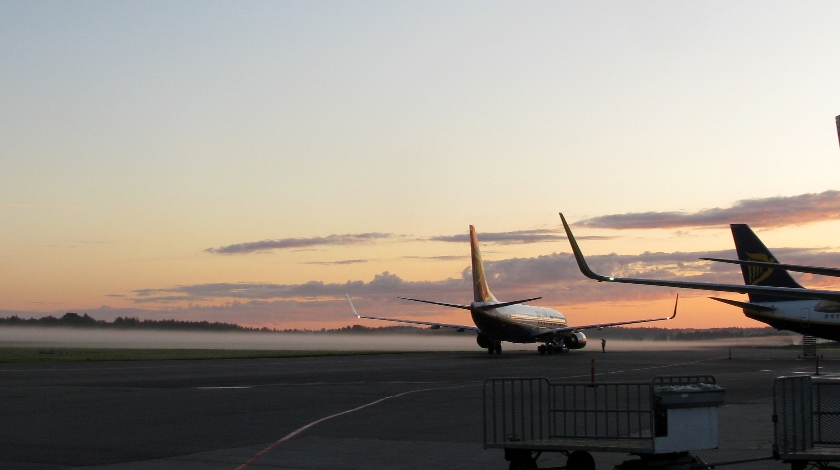Photo: wikimedia.com
Reading Time: 2 minutesThe International Air Transport Association (IATA) have expressed concerns over the impact of the proposed ‘green tax’ levy of SEK430 per ticket, with analysis indicating that the result will severely impact on the Swedish economy, while also putting up to 7,500 jobs at risk.
The inquiry committee also acknowledged that the overall impact on climate change would be negligible.
Aviation is of huge commercial benefit to Sweden in that it supports 240,000 jobs and generates 4.2 percent of GDP. However, this tax would see an estimated drop of SEK5 billion in the GDP.
According to Rafael Schvartzman, IATA’s Regional Vice President for Europe: “This tax will be disastrous for the Swedish economy. Those promoting the tax are essentially suggesting that 7,500 Swedish workers are worth sacrificing to save 48 hours-worth of carbon emissions on Sweden’s roads. We urge Swedish businesses and the Swedish people to persuade the government to reject this tax and are eager to support them in this important task. Sweden should be working with European and world partners to make a success of existing aviation climate policies, not imposing ineffective measures that cripple the economy while having almost no impact on the environment.”
Schvartzman also commented that: “Last year, ICAO’s member States, including Sweden, agreed that CO2 emissions are best addressed through a single global market-based measure and recognized that CORSIA should be the market-based measure for international aviation. The implementation of national or regional taxes on top of CORSIA is not only redundant, it also goes against the ICAO agreement and risks alienating States from implementing CORSIA.”
According to IATA, flights within Sweden and to European States are subject to the European Union Emissions Trading Scheme and airlines pay emissions and noise charges at Swedish airports.
All flights between Sweden and EU Member States, and over 90% of all commercial flights between Sweden and non-EU countries, will be covered by the global carbon offsetting and reduction scheme for international aviation (CORSIA).

